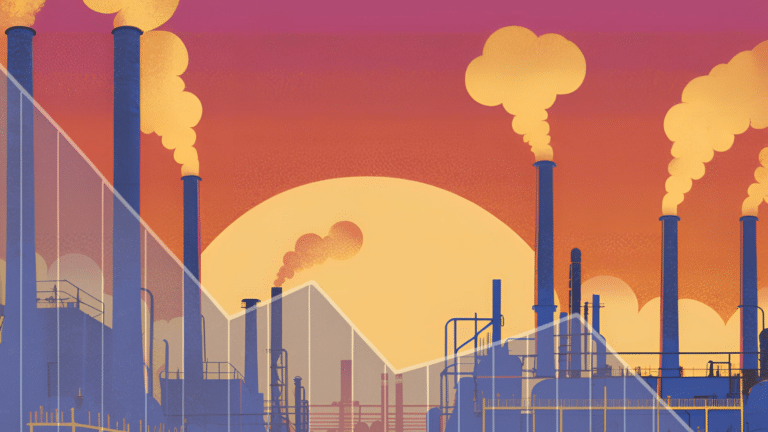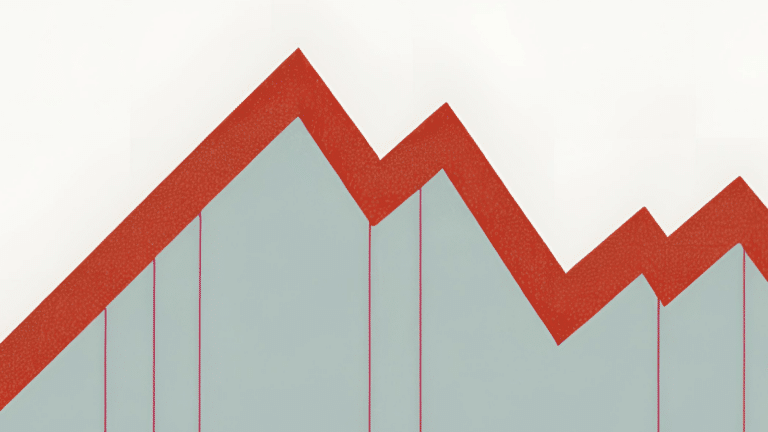China Halts U.S. LNG Imports Amid Tariff War
China has ceased importing liquefied natural gas from the United States since early February, as the ongoing tariff war impacts energy trade.
Current Access Level “I” – ID Only: CUID holders, alumni, and approved guests only
Founding Director, Center on Global Energy Policy; Professor, Columbia SIPA; Professor and Co-Founding Dean Emeritus, Columbia Climate School
In 2020, Europe passed a landmark climate package called the Green Deal. It was supposed to mark a new era of climate progress for the region.
Few expected that two years later, Europe would be burning more coal, importing more liquified natural gas, shifting from gas to oil for industry, and spending more money to subsidize fossil fuel consumption. Europe’s energy crisis, many years in the making, has been exacerbated by Russia’s invasion of Ukraine – and the subsequent turmoil in regional and global energy markets.
The past six months have proven how the global energy transition will play out in chaotic and non-linear ways.
So what will today’s energy crisis mean for the energy transition? How will governments around the world react to today’s supply shortages and price spikes? And what does the wild ride for commodities and energy pricing mean for security and climate goals around the world?
This week, we’re running an episode of the Foreign Affairs Interview podcast featuring our co-host, Jason Bordoff, and Meghan O’Sullivan, a professor of international affairs at the Harvard Kennedy School.
Meghan is the author of “Windfall: How the New Energy Abundance Upends Global Politics and Strengthens America’s Power.” And she served as deputy national security adviser for Iraq and Afghanistan during the Bush Administration.
In June, Jason and Meghan joined host Dan Kurtz-Phelan to discuss their recent articles on the ongoing energy crisis. They talked about market volatility, President Biden’s trip to Saudi Arabia, and why energy is still so central to geopolitics.
It’s hard to overstate how consequential President Trump’s “Liberation Day” tariffs have been for American economic policy. While the administration has paused the steep reciprocal tariffs it announced...

In energy policy circles, the word “resilience” often refers to future-proof systems or infrastructure designed for the transition away from fossil fuels. But resilience means something different to...

The European Union’s energy landscape is transforming rapidly, as the bloc works to reduce emissions, lower energy prices, and decrease dependence on Russian fuel—three goals proving to be...

Across America, energy policy is often driven by short-term politics over long-term planning. Despite record-breaking U.S. oil production in recent years, partisan battles continue over fossil fuels and...

This Energy Explained post represents the research and views of the author. It does not necessarily represent the views of the Center on Global Energy Policy. The piece...

This Energy Explained post represents the research and views of the author. It does not necessarily represent the views of the Center on Global Energy Policy. The piece...

This Energy Explained post represents the research and views of the author. It does not necessarily represent the views of the Center on Global Energy Policy. The piece...

This Energy Explained post represents the research and views of the author. It does not necessarily represent the views of the Center on Global Energy Policy. The piece...
